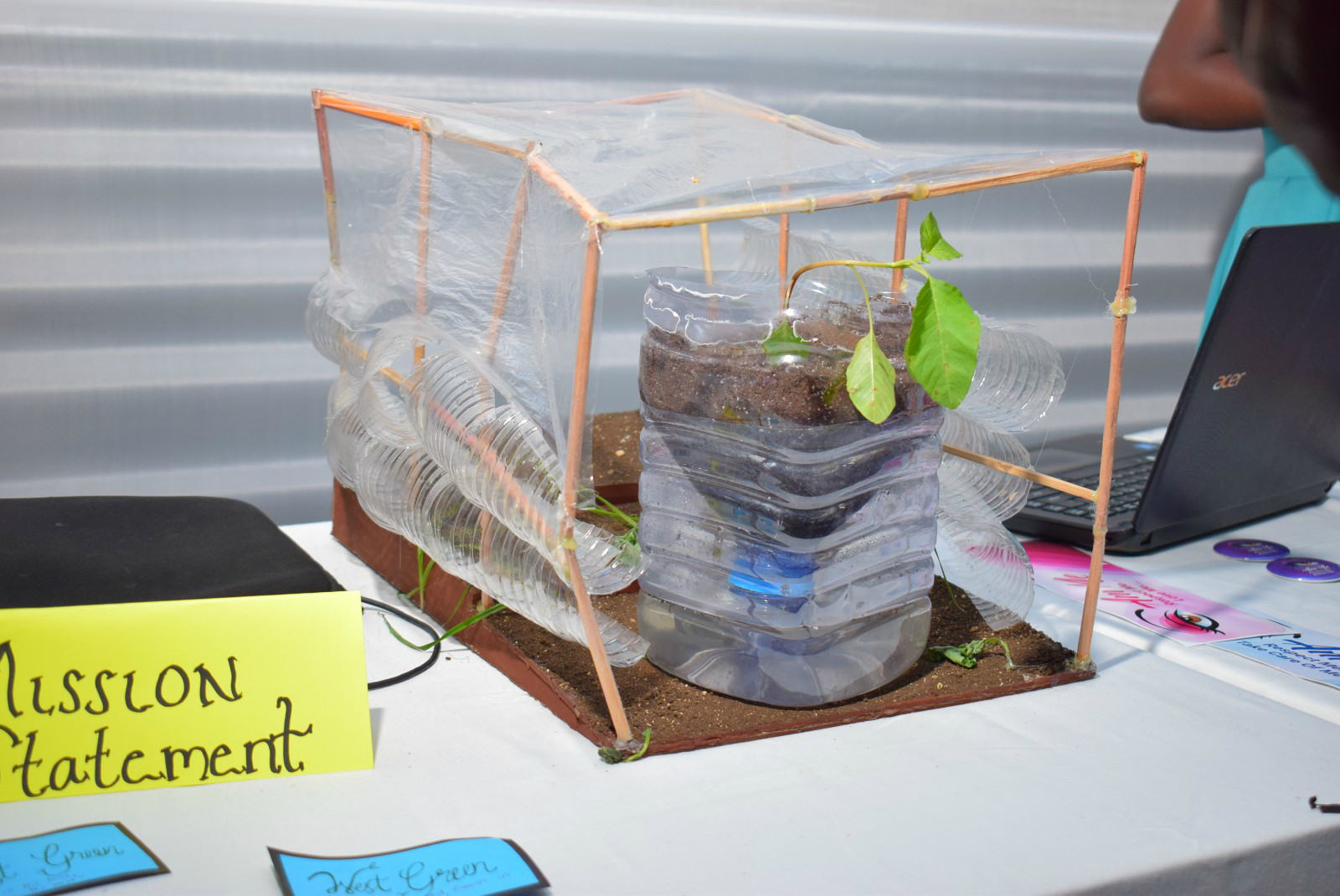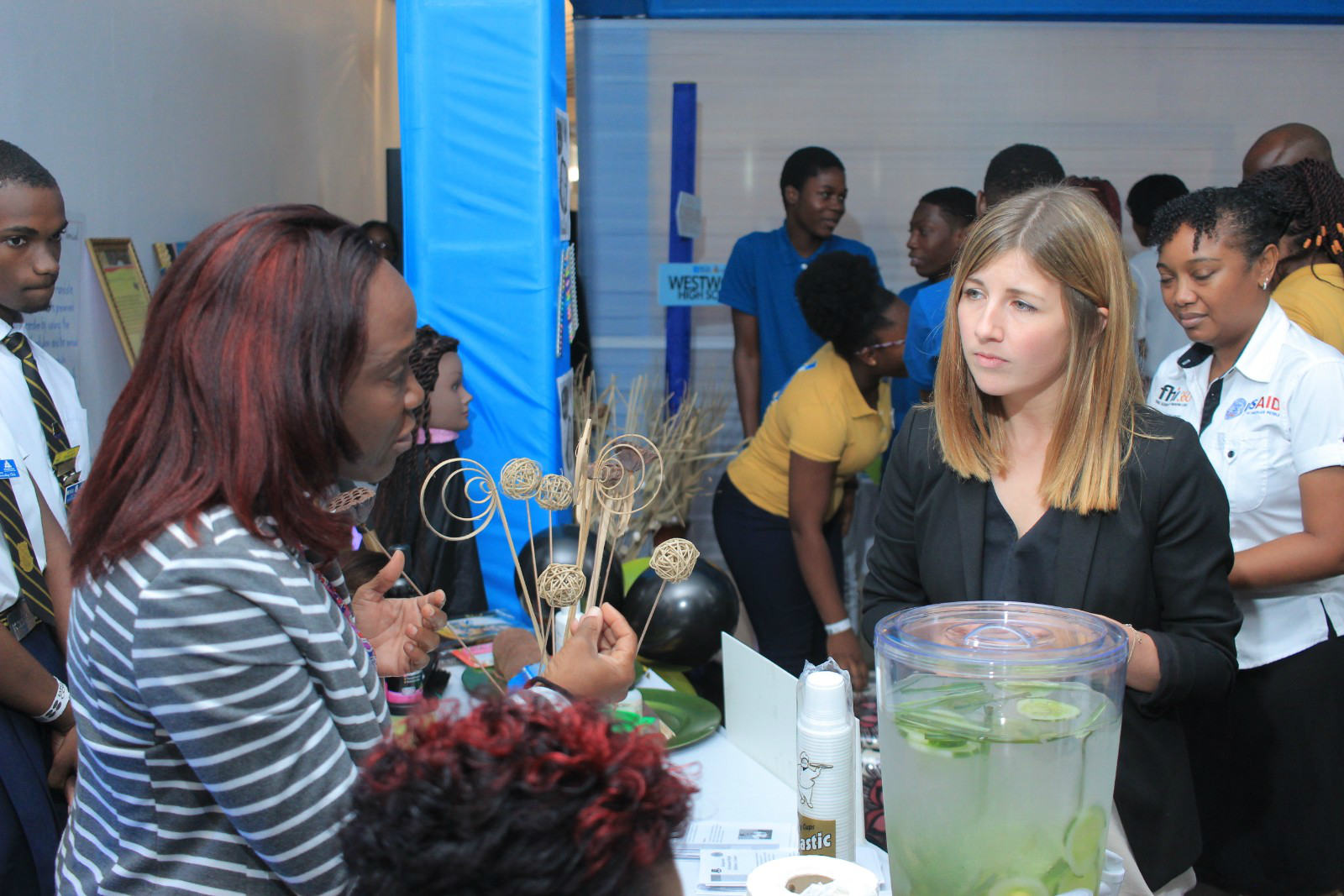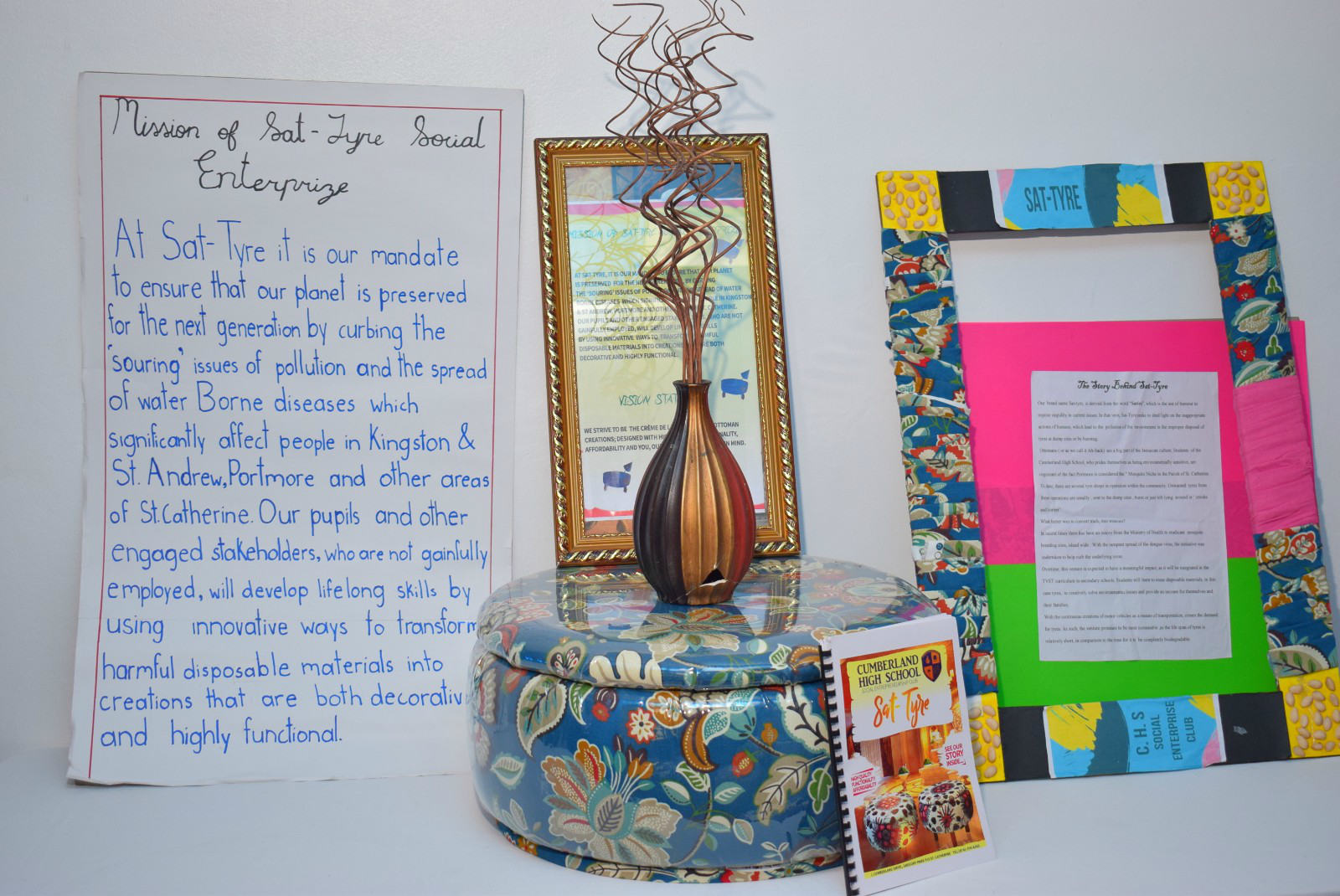The critical need for
Social Enterprise Training
A condensed curriculum with online flexibility
In light of the Covid-19 pandemic, and the limitation of the implementation of a full-scale School-based Social Enterprise Incubation Programme, a more condensed six-week version was developed. This is in line with the phase 1 design of the broader SESS-J Legacy Project.
Students will undertake an online-based activity aimed at equipping them with the necessary knowledge to develop and refine their social enterprise business models. This Activity, as with its more expansive version outlined above, is developed in line with the British Council’s Social Enterprise in Schools Resource Pack and Core Skills and in alignment with the National Secondary Schools’ Curriculum.
General Aims
- Inspire younger secondary school student (Grades 7 – 9) to experiment with (social) entrepreneurship
- Enable older secondary students (Grades 9 – 11) who have already selected the Science or the Arts to experiment with business, management and (social) entrepreneurship.
- Provide a practical and experiential environment in which business students will be able to apply the theoretical knowledge gained from their CXC course content to the realistic operation of their social enterprises

Programme Objectives
Reinforce structures
Established under the SESS-J Pilot Project, including Social Enterprise Clubs and programme curriculum
Provide a Framework
Improve Understanding
For participants, deeper grasp of business model development for social value creation
How it works
STEP 1
Students sign up to access online training
STEP 2
Students will participate in 6 week training activity with support of master trainers, mentors and teachers delivered through the online classroom
STEP 3
Students will complete list of weekly activities and submit assignments via online platform
STEP 4
Once students have participated and completed the various activities they will then receive certificates of completion among other prizes
Weekly Activities
WEEK 1
Learn how to organize, articulate and implement business ideas using the business model canvas. Participants will be introduced to and learn how to identify and communicate the key elements of a start-up social enterprise’s business model.
WEEK 2
Participants will be introduced to and learn how to define the size of their target market, develop customer segments, channels and their value proposition.





